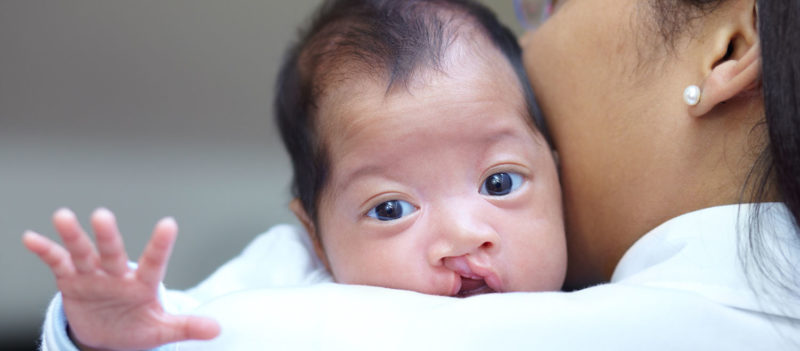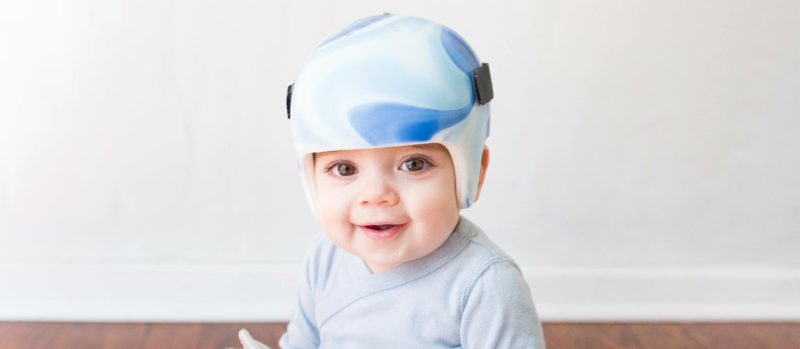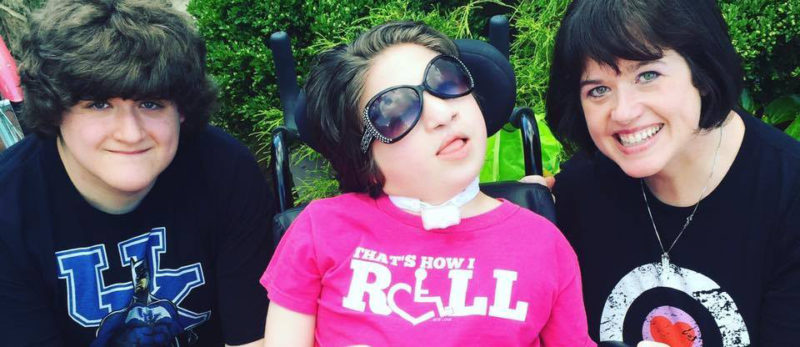I would like to start by saying congratulations! Preparing for a newborn baby is an exciting time in any parent’s life. Receiving the news that your baby has a cleft lip/palate can be overwhelming, but preparation up front can be helpful for the early part of your journey.
Because the majority of families first learn of their baby’s diagnosis in utero during a routine ultrasound, the discovery can be shocking for the 70-80 percent of parents who have no family history of the condition. In my opinion, what they need most at this point in time is comfort and reassurance.
Treatment for this condition has advanced significantly over the last couple of decades. With the right team of experts, all of your child’s medical concerns can be treated and addressed successfully. Your baby will live a productive, fulfilling life just as he or she is meant to.
I believe that planning for your baby’s arrival will give you some peace of mind about what lies ahead. Here are a few ways parents can prepare for those first few months with a baby with a cleft lip/palate:
Preparing for birth
Many babies with a cleft lip/palate are unable to drink from a typical bottle, because they are not able to suck. So you’ll want to choose a hospital or birthing center that is prepared for their feeding challenges. They should have bottles like the Haberman bottle or pigeon nipple, which deliver breast milk or formula without the need for sucking. Ask if the hospital’s feeding team has experience teaching newborn babies with a cleft lip/palate how to eat. And assess if they have an overall comfort level in caring for children with facial clefts.
Preparing for feeding
I think it is helpful for mothers to learn before birth that there is a possibility she might not be able to breastfeed. Babies with a cleft lip may only have some difficulty, while babies with cleft palate will probably have difficulty. And if mothers don’t know this ahead of time, they can feel unnecessarily guilty about not being able to breastfeed. A cleft lip makes it difficult for babies to make a good seal around the nipple. And a cleft palate makes it hard for them to suck. As mentioned above, there are certain types of bottles designed to help with this.
Choosing the right team
It’s important to determine ahead of time where you would like your baby to be treated after delivery. I recommend the child’s first appointment with the medical team to happen within a week of giving birth.
When you’re thinking about the right place, it’s key for the surgeon to describe the team environment. Many specialties should be involved: surgery, dentistry, orthodontics, genetics, psychology, and speech/language pathology. You will not need all of these specialties right away. But it is important to choose a place that has them all together. That way, you know they are thinking about your child’s care in a cohesive way. We would be happy to see your child at our center.
Parents often wonder how soon their baby will need corrective surgery. If your baby is healthy and gaining weight appropriately, he or she will typically have surgery for a cleft lip between 3-6 months of age. Repair of cleft palate typically occurs between 9-12 months of age.
Learning everything you can
This sounds like an obvious tip, but I do believe that the more families learn about the condition, the more peace of mind they will have about the future. Some trustworthy resources are the American Cleft Palate-Craniofacial Association, and the Cleft Palate Foundation.
The above tips can be helpful for preparing both mentally and physically for the early parts of your journey. You may have a few additional things to think about along the way, but it will be a journey full of snuggles, coos and love, just like any other.
Our team would be happy to treat your child with a cleft lip/palate. More information can be found on our Cleft and Craniofacial Center’s webpage, or call 513-636-4539.






This!